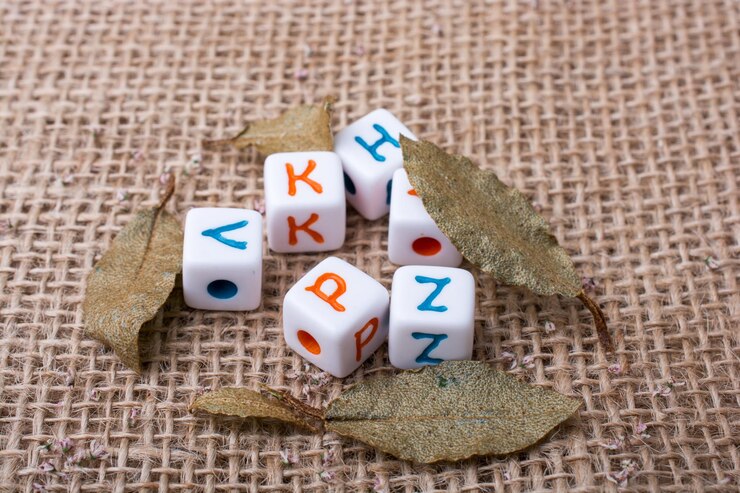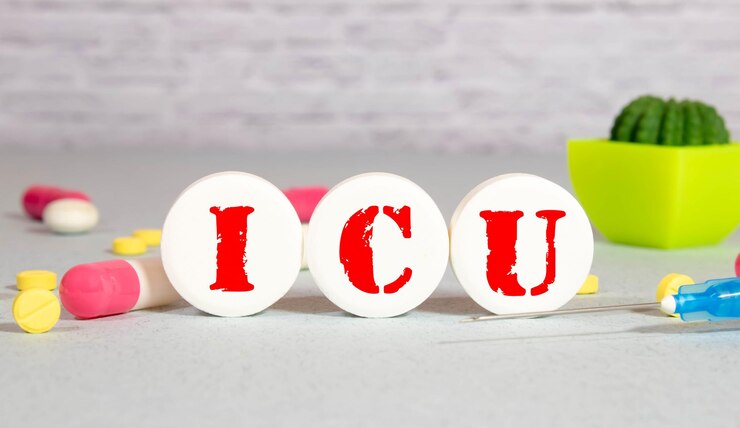Ah, the tongue is a sword, and words are arrows tipped with fire.
Among the sharpest lies “bhosdike originate meaning” a term that slices through silence like lightning splitting a darkened sky. It’s not just a word—it’s a scream, a wound, a rebellion inked in syllables. If you’ve stumbled across it, chances are you’ve felt the sting, the cringe, or the curiosity.
But let’s not look away. Let’s look deeper.
The Complexity Behind Vulgar Language
Language As a Mirror of Society
Words don’t rise from the void—they are born of anger, love, lust, and shame. Profanity is poetry undone, the raw, uncooked flesh of language. “Bhosdike” is no different. It reflects the grit and grime of the streets, the hollowness of betrayal, the boiling point of frustration.
The Power of Profanity
Profanity shocks. That’s its job. But it also connects us—across social classes, across languages. It’s the exhale after heartbreak, the bitter whisper between clenched teeth.
Cultural Weight and Emotional Context
Regional Usage Across India
From the bustling gullies of Delhi to the local trains of Mumbai, “Bhosdike” drips from mouths like molten lead. It’s familiar and yet feared, slang soaked in regional spice and street wisdom.
Why Words Cut Deep
This isn’t just about sound—it’s about stories. The word carries shame, directed often at men, yet rooted in a derogatory connection to women. It weaponizes biology, distills centuries of misogyny, and injects it into a single expletive.
The Anatomy of the Word “Bhosdike”
Pronunciation Guide
Phonetic Breakdown:
/bho-sdee-kay/ — three syllables, rhythmic like a heartbeat, jarring like a slap.
Common Mispronunciations:
Some stumble with the “dh” sound. It’s not “boz-dik,” and certainly not “bos-dike.” It is breathy, earthy, unmistakably South Asian.
Origin and Etymology
Historical Traces in Vernacular
“Bhosda” is an offensive word referring to the vagina in Hindi. “Ke” adds possessiveness—making “Bhosdike” loosely translate to “of the vagina,” typically used as an insult directed at someone perceived as cowardly or despicable.
Transformation Across Generations
Once a crude muttering in back alleys, it’s now etched in memes, typed in rage-fueled Reddit threads, and echoed in indie films. But each repetition strips or adds meaning, reshaping it like clay in modern hands.
“Bhosdike” in Pop Culture and Media
The Word in Street Language
It’s the rhythm of rap battles, the growl in gully rap, the sarcasm in memes. Crass? Yes. Authentic? Undeniably.
Online Platforms and Meme Culture
On Twitter, Reddit, and Instagram, “bhosdike originate meaning” is both shock-value and punchline. It’s a digital primal scream—click, type, vent, repeat.
Censorship and Resistance
Mainstream media bleeps it. OTT platforms toy with it. But its presence is defiant, like graffiti on clean walls. You can censor the word, but not the rage behind it.
Sociolinguistic Impact of Profanity in India
The Stigma and Taboo
Profanity, especially with gendered slurs, isn’t just “bad language”—it’s a reflection of what society chooses to degrade.
Gendered Offensiveness
Words like “Bhosdike” offend more than just ears—they wound identities. They turn anatomy into insult, and
How Profanity is Policed
Women using it are labeled “unladylike.” Men, “uncouth.” It’s not about offense. It’s about control.
Youth, Rage, and Rebellion
Young voices wield these words like grenades. Not to destroy, but to demand space—to scream, “I exist, and I hurt too.”
Art and Raw Language: Expression or Offense?
Poets use it. Filmmakers flirt with it. But the line between art and abuse is razor-thin. Language must bruise, but never bleed.
Alternatives, Expressions, and Intentions
When Language Harms
Not all usage is innocent. Not all jokes are harmless. We must ask: Does it add weight to pain or light to truth?
The Thin Line Between Humor and Hurt
There’s wit in vulgarity, but also wounds. A meme can be a dagger if we aren’t careful where we aim.
Language Redemption: Can We Reclaim Words?
Words evolve. “Bhosdike” can, too. Perhaps one day it won’t reek of misogyny, but instead mock outdated power.
Final Reflections
The Soul Behind Every Word
Each word we utter holds a mirror of who we are. “Bhosdike” may be poison today, but even poison has a purpose—it heals in controlled doses.
Empathy in Expression
Speak fiercely, but kindly. Curse if you must, but not without conscience. Remember, behind every syllable is a soul.
FAQs
1. What does “Bhosdike” literally mean?
It roughly translates to “of the vagina,” used as an insult in Hindi, often meant to degrade or express anger.
2. Is “Bhosdike” always used offensively?
Mostly, yes. However, in close friendships or comedic settings, it may be used playfully, though this still carries risks of offense.
3. How do you pronounce “Bhosdike” correctly?
It’s pronounced /bho-sdee-kay/, with emphasis on the “bhos” and a soft “ke” at the end.
4. Is it appropriate to use “bhosdike originate meaning</span&gt;” in writing or speech?
Generally, no, especially in formal or respectful settings. It’s considered highly vulgar.
5. Words like “bhosdike” can absolutely be reclaimed and redefined in terms of their meaning.s requires collective introspection and responsibility.

2 Comments
wsf6jz
91lczj